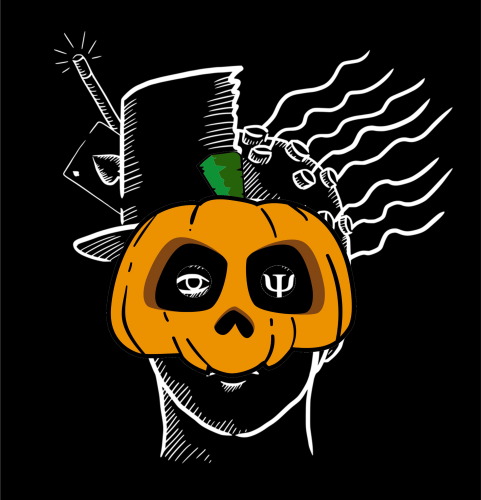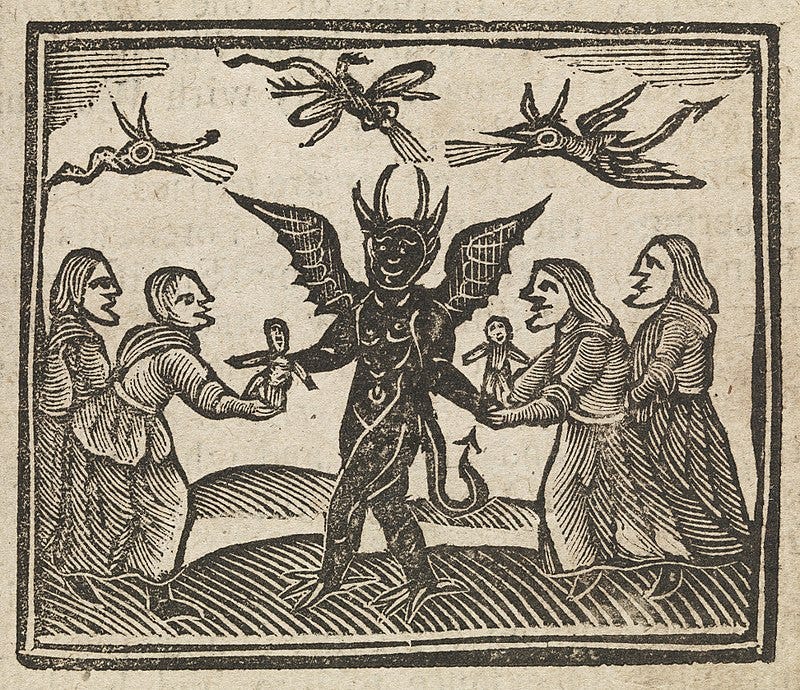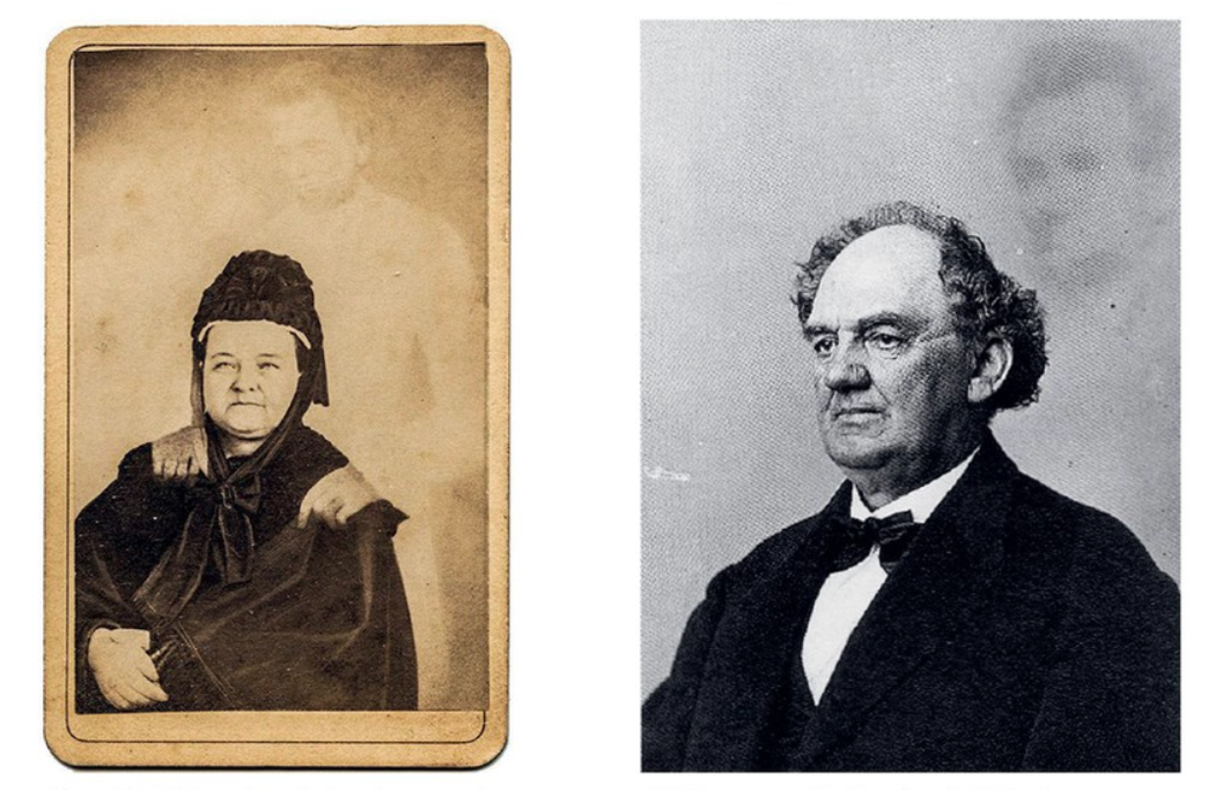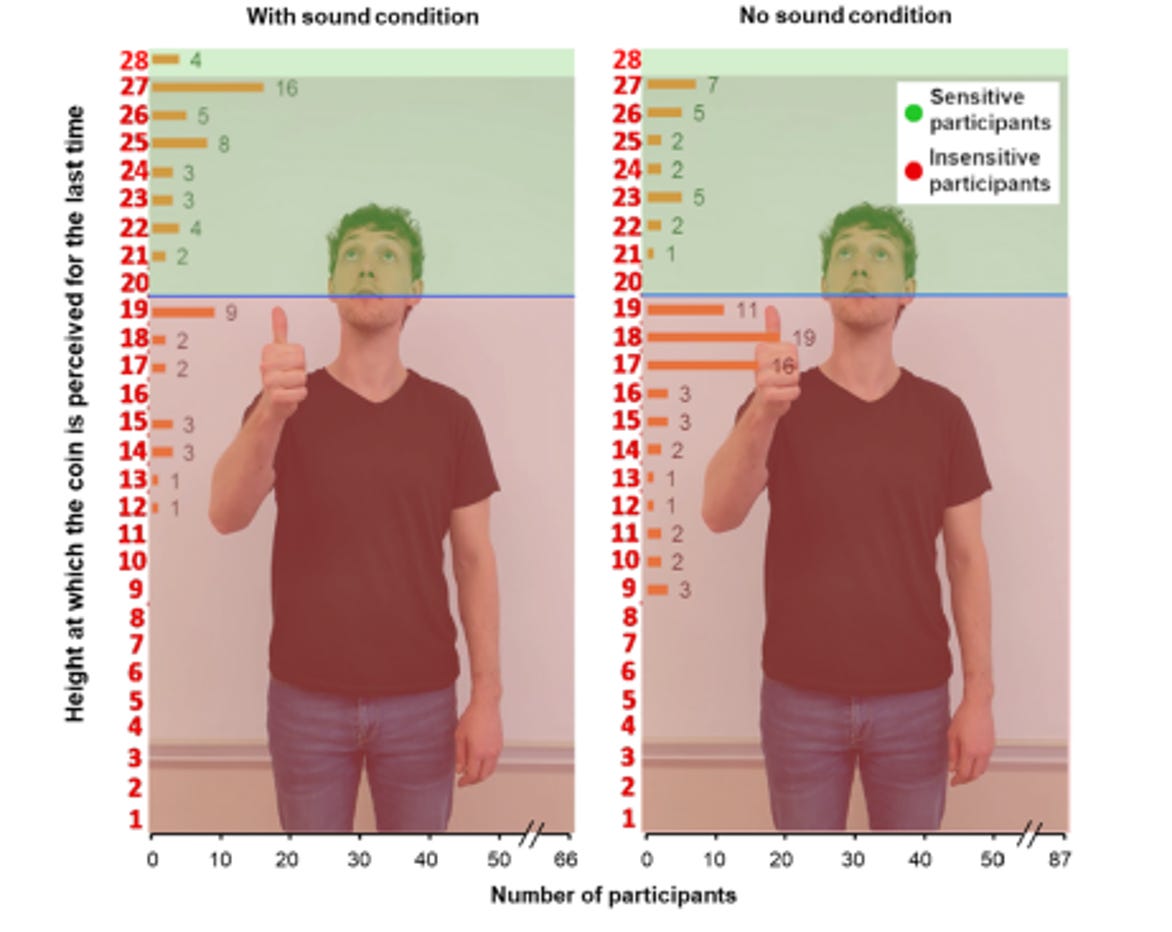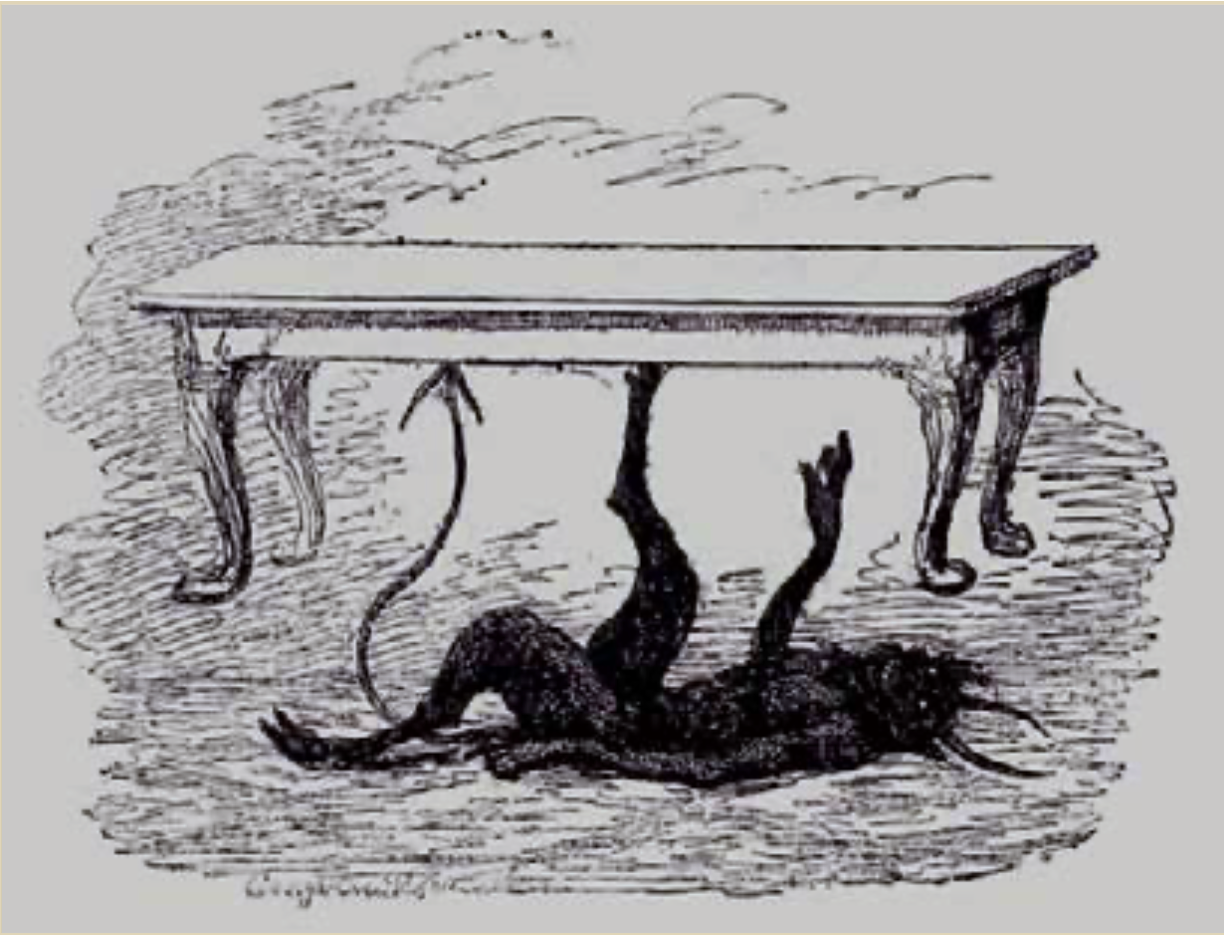Hey all- First a big (somewhat belated) thank you to everyone from organizers to attendees and contributors, who made our summer Aesthetics of Illusion workshop a big success! Thanks in particular to Jason Leddington for leading the event, to Jeanette Andrews for her excellent talk and performance, to all the speakers who provided presentations and discussions, and of course to the British Society of Aesthetics and the good folks at the Magic Circle and the Magic Circle Foundation. It was great to see an eclectic mix of art history, aesthetics, architecture, VR, along with psychology research all on display at the historic Magic Circle Headquarters in London. We’re in the process of developing a special issue featuring written contributions from attendees- more details coming soon.
We’re also gearing up for our next big conference that will be taking place in 2024. The plan is still in its early stages, but I can reveal that we’re intending to hold the event in Las Vegas in November 2024- Stay tuned for more updates.
In the meantime, here’s some of the latest science of magic-related news including graduate degrees in witchcraft, prizes, wellbeing books, spirit photos, hallucinated coins, and my own formative experience with an allegedly cursed Ouija board.
Happy Holiday,
Matt Tompkins (On Behalf of the SoMA Committee)
New Masters Degree Course in Magic at Exeter University
From September 2024, The University of Exeter will be offering a multidisciplinary degree course on the topic of magic. The course will combine history, literature, philosophy, archaeology, sociology, psychology, drama, and religion to explore the role of magic on the west and the east. The course will be headed by Prof Emily Selove who has been producing magic-related academic course content for years- but this will be the first time her program is being organized into a formal degree.
Prof Richard Wiseman Wins Royal Society David Attenborough Award and Has New Book out on Magic & Wellbeing
Congrats to Prof Richard Wiseman who is being honored by The Royal Society for “his sustained and innovative public engagement with the psychology of magic and the nature of deception, and his exposure of pseudo-science.” Richard has been a massively generous and influential figure in the science of magic community; on a personal note, his book (with Prof. Peter Lamont) Magic in Theory was instrumental in helping me successfully pitch my own doctoral thesis project on the relationship between magic and experimental psychology.
His latest book, Magic, is part of the Arts for Health Series and explores research linking magic and psychological wellbeing. It includes interviews with Richard McDougall (Breathe Magic), Julie Eng (Magicana), Mario the Maker Magician (USA), David Brookhouse (UK), David Gore and Marian Williamson (College of Magic), and Tom Verner (Magicians Without Borders). It’s available now- and I can highly recommend it for any one with an interest in magic and/or psychology!
Genuine Fake Spirit Photography: Barnum v. Mumler and the ‘Spirit’ of Lincoln
‘Tis the season for haunted histories. I recently wrote a guest column for Source Magazine about the duelling spirit photographs by P.T. Barnum and William Mumler. Both captured images of Abe Lincoln’s spirit. Mumler presented his image as genuine, while Barnum asserted that both images were genuinely fake.
AI and Fake Mediumship
Towards the end of the above piece, I alluded to the fact that my research group actually uses mediumship methods from Victorian times to simulate the use the experience of emerging technologies (rather than pretending to talk to dead folks, we pretend to commune with the algorithm). I expand on this idea more in another piece that was originally published in Swedish in the Summer 2023 edition of Forskning & Framsteg magazine.
New Academic Science of Magic Papers
The Vanishing Coin Illusion: When sound congruence affects visual representation of motion
Morgan Begey, André Didierjean, and Cyril Thomas have published a new paper detailing experiments that demonstrate how introducing sound effects can enhance the classic ‘Vanishing Ball Illusion.’ Think phantom coins and ventriloquism- excellent stuff! The full paper is available on the other end of this button.
A balanced view of impossible aesthetics: An empirical investigation of how impossibility relates to our enjoyment of magic tricks
Steven E Bagienski and Gustav Kuhn have published a new article investigating participant’s aesthetic experience of Joshua Jay’s ‘Balance’ illusion. Not just a solid academic pun title, but also a very cool exploration of the weird concept of subjective ‘degrees of impossibility’!
A closing ghost story about a ‘cursed’ Ouija Board
As established, this is a magical time of year. Many of us working in the areas of magic, mysticism, and anomalistic psychology can expect to get some weird emails and media requests around the spooky season (I imagine Richard Wiseman and Chris French’s inboxes get’s even odder than usual). One of my weirdest media appearances occurred around this time back in October 2020. When I was approached by the BBC to appear on a live broadcast about Ouija boards. I naively assumed that they wanted me on to discuss the history of ideo-motor research, which is something I’d recently published about. And I called into the show expecting to have a chat with the host about Victorian experiments in pendulums and dowsing rods. To my surprise, I discovered live on-air that I was in fact part of a panel discussion that included not just the presenter, but a paranormal investigator, a priest, and an ‘angel whisperer.’ Also we weren’t there to talk about the history of Ouija Boards, but the contemporary scandal of Poundland (that’s effectively a UK dollar store for you American readers) selling a ‘spirit board,’ which might be acquired by vulnerable children. I did my best to contribute some scientific content about how we do in fact have a non-demonic explanation for how Ouija boards might operate, but ultimately I was outvoted and the panel (almost) unanimously condemned the recklessness of exposing youngsters and innocents to the perils of the spirit world. Believe it or not, that sort of sentiment actually led to Poundland first age restricting the product and then pulling the Spirit Board from the shelves. During a break in the pandemic I cycled around Oxfordshire trying to find one for myself, and one employee explained that they’d received word from corporate that even displaying the board was considered a fireable offence! I did eventually get my hands on a few through some dubiously legal backroom internet dealing. And as something of a amateur collector, I can attest that the boards are indeed terrible. Not because the of their demonic potential, but quite the opposite. The planchette was actually just a rough cardboard cut-out. It is very difficult to get it to move across the board, even when you’re actively trying. If we’ve learned one thing from the last few hundred years of ideo-motor research it’s that demons hate friction!




